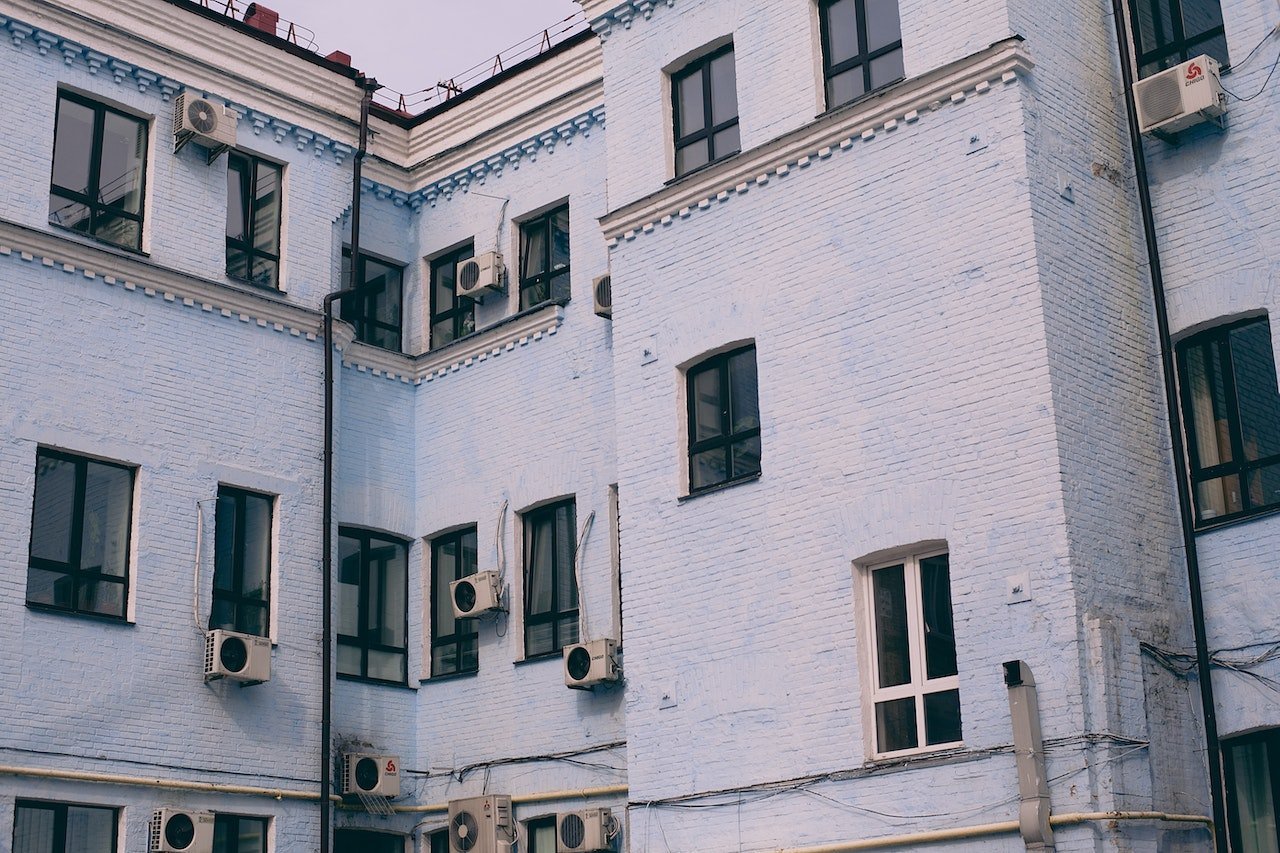Heat Pumps in Canada: The Types, Benefits and Drawbacks
Heat pumps are an energy-efficient way of heating and cooling homes. They are popular in countries with moderate climates, but are they worth it in Canada? In this article, we will discuss the benefits and drawbacks of heat pumps and help you make an informed decision.
What Is a Heat Pump?
A heat pump is a device that transfers heat from one place to another. It works by extracting heat from the air, ground, or water outside your home and then transferring it into your home. In the summer, it can reverse the process and cool your home.
Types of Heat Pumps
There are three main types of heat pumps: air-source, ground-source, and water-source.
1. Air-Source Heat Pumps
Air-source heat pumps are the most common type of heat pump. They extract heat from the air outside your home and transfer it indoors. They work well in moderate climates but may be less efficient in colder temperatures.
2. Ground-Source Heat Pumps
Ground-source heat pumps, also known as geothermal heat pumps, extract heat from the ground. They are more expensive to install than air-source heat pumps but can be more efficient, especially in colder climates.
3. Water-Source Heat Pumps
Water-source heat pumps extract heat from a water source, such as a lake or river. They are less common than air-source or ground-source heat pumps but can be more efficient in some cases.
Benefits of Heat Pumps
1. Energy Efficiency
Heat pumps are energy-efficient because they transfer heat instead of generating it. According to Natural Resources Canada, heat pumps are up to 50% more efficient than electric baseboard heating.
2. Cost Savings
Heat pumps can save you money on your energy bills. Although they have a higher upfront cost than traditional heating systems, the energy savings over time can offset the initial investment.
3. Environmental Benefits
Heat pumps are an environmentally friendly way of heating and cooling your home. They use renewable energy sources and produce fewer greenhouse gas emissions than traditional heating systems.
4. Increase Home Value
Installing a heat pump can increase the value of your home. Potential homebuyers are increasingly looking for energy-efficient homes, and a heat pump can be an attractive feature that sets your home apart from others on the market.
Drawbacks of Heat Pumps
1. Initial Cost
Heat pumps have a higher upfront cost than traditional heating systems. The cost of installation can range from $5,000 to $15,000, depending on the type of heat pump and your home’s size.
2. Climate Dependence
Heat pumps work best in moderate climates. They may not be as effective in extremely cold temperatures, which can reduce their efficiency.
3. Noise
Heat pumps can be noisy, especially when they are in defrost mode. This may be a concern for homeowners who value peace and quiet.
4. Maintenance
Heat pumps require regular maintenance to ensure they are working efficiently. This can include cleaning the filters, checking the refrigerant levels, and inspecting the outdoor unit.
Conclusion
Heat pumps are an energy-efficient and environmentally friendly way of heating and cooling your home. They can save you money on your energy bills over time, but they do have a higher upfront cost than traditional heating systems.
If you live in a moderate climate, a heat pump may be a good choice for your home. However, a heat pump may not be as effective if you live in an area with extremely cold temperatures.
It’s important to weigh the benefits and drawbacks of heat pumps and consider your climate and budget before making a decision.
If you’re looking for reliable and affordable service for your Daikin heat pump in Toronto, look no further than Daikin Dealers Toronto. Our experienced technicians can provide fast, dependable service to help keep your home comfortable year-round. Schedule your appointment with one of our expert technicians today!


